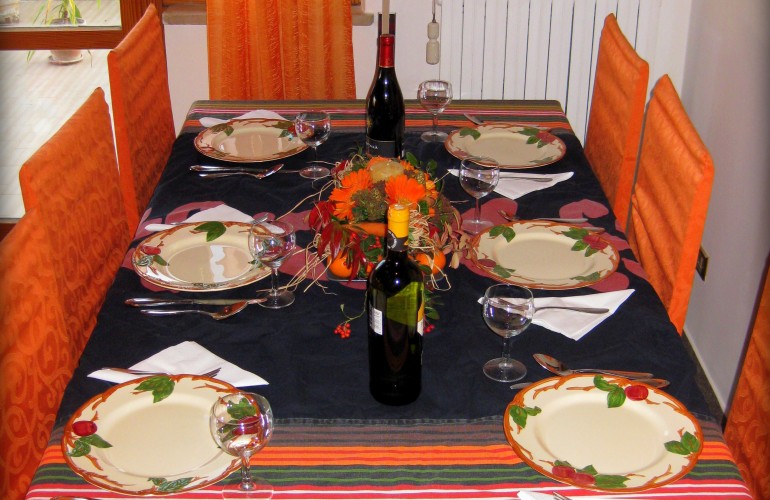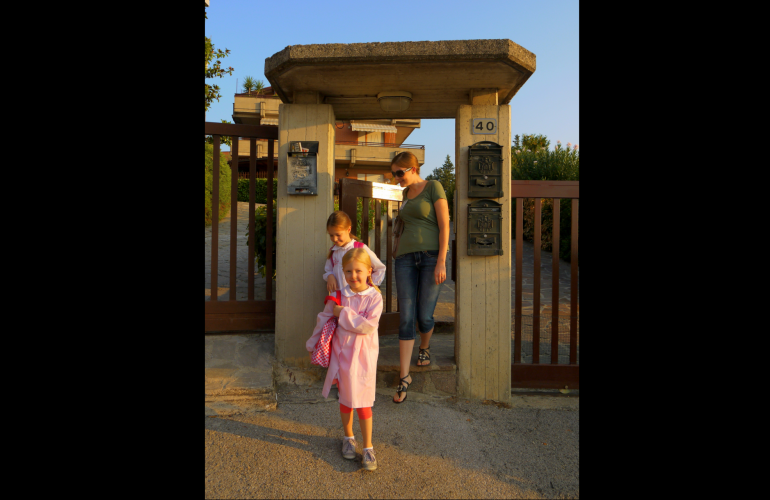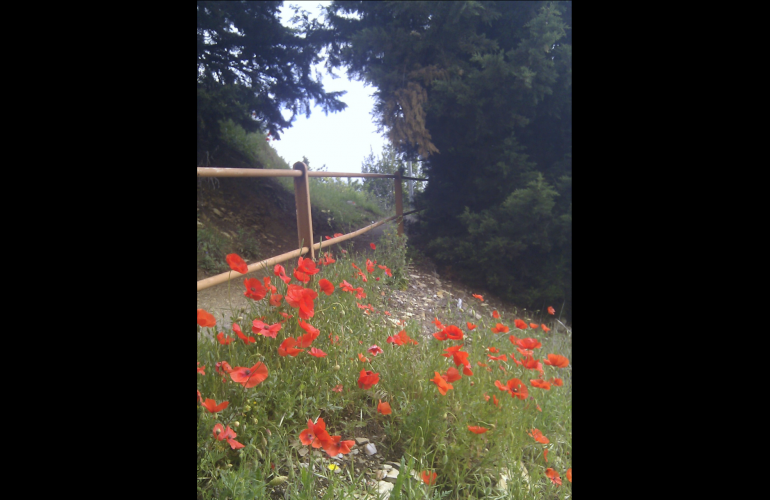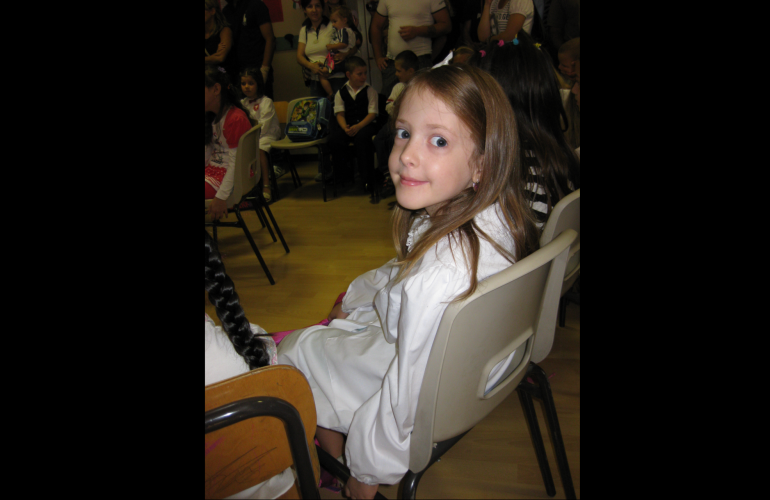I went through high school in a sort of homeschool/private school hybrid where I would go to certified teachers’ houses to take courses with a handful of other students and then continue my coursework during the week at home. This setup allowed me to get a solid academic education while still sheltering me from the much-feared religious and pop culture educations I might have gotten at public school. At least, sheltering was the idea. I still learned the Salt ‘N’ Pepa lyrics, and my theological doubts only chafed more the longer they were constrained, but I kept it all in a sound-proof vault as if my authority figures were the ones needing sheltering from all that I knew. However, the academic side was everything I could have asked for. Between Shakespeare and AP English, I established my permanent love affair with this language of ours, and I learned more in my ninth grade biology class than in three semesters of science electives once I went to university.
Recent events have stirred up a memory from that ninth grade biology class, and I wanted you to know about my educational construct at the time—strong value on academics, strong fear of secular influence—so that you can understand the weight of our final assignment for the year. Our biology teacher, a pragmatic woman with a twinkling sense of humor, decided not to teach the unit on earth’s origin directly. Instead, she had us pick teams and spend our home study time preparing a debate on evolution versus creationism.
I, being a ridiculously earnest pupil who hadn’t yet developed a sense of humor, picked creationism. Obviously. I’d already read Ken Ham’s “The Lie” about how families were being destroyed by false scientific theories, and it was perfectly evident to me that Darwin’s followers were sponsored by Satan himself. If you believed in evolution, you were against the Bible—God’s encyclopedia—which meant you were against truth. I’d been to Carl Baugh’s Creation Evidence Museum and seen a human footprint alongside a dinosaur one. I’d freaking memorized Genesis 1. Armed with so much truth and the absolute assurance that God was on my side, I looked forward to crushing the “evolutionists” in our class debate.
And here’s what happened: The evolutionist side (made up of homeschooled teens, remember, who were probably loving this chance to play devil’s advocate) pulverized us. They presented scientific facts that left us creationists flipping through our notebooks, “ummm”ing in panic until we had to admit that we had absolutely no rebuttal. How do you argue against photographic proof of genetic variation using the Bible? Where are the verses that debunk carbon dating? Why wouldn’t the other side just accept the biblical account of God’s six-day creating spree? It was bad.
And all the while, a quiet smile grew on the corner of our teacher’s mouth. I didn’t think much of it then; I took it for granted that she, as a Christian, would be a young earth creationist. In retrospect, however, I suspect that she was brilliantly directing us to discover what she wasn’t free to say out loud in our circle. She never did summarize her stance on the creation vs. evolution debate. She simply smiled, and that smile stands out to me today as the first glimpse I ever had of someone at peace with both God and science.
I’ve had the privilege of knowing many other Jesus-loving scientists in the years since, and it no longer seems the least bit strange to me that someone can think deeply and believe deeply without the one contradicting the other. True, if you’re going to accept that God created life millions of years ago by means of biological evolution, then you have to read the Bible differently—not as an encyclopedia but as a literary compilation full of allegory and poetry and various writers’ experiences. I don’t see this is as necessitating a crisis of faith however.
I remember one afternoon at a fundamentalist apologetics camp in my teens, the speaker pretended to be a theistic evolutionist arriving at the pearly gates of heaven. “Well gee, God!” he blustered in a hillbilly accent, “When you said ‘day,’ I thought you meant four billion years!” God was having none of it. Straight to hell went the hillbilly who had dared to read Genesis 1 figuratively. And there, caught up in the theatricality of the moment, were hundreds of kids absorbing the message that our God would condemn us if we believed the wrong brand of science.
(Which appears exactly nowhere in the Bible, just for the record.)
That moment still makes me heartsick… for all the kids who have been terrified out of [using] their minds, for all the bright thinkers who have been convinced that faith is incompatible with fact, for a love-starved world that sees Christians get publicly bent out of shape over issues more appropriate to a lab than to a Bible study. I have to ask—Is it worth it? Is dogmatizing one interpretation of a Bible story worth driving a wedge between others and God?
I am more grateful than ever for my ninth grade biology teacher who chose not to attack our beliefs but instead guided us into challenging them ourselves. That experience helped loosen the tight, terrified fists clenched around my mind, letting it slowly expand toward a view of reality in which soul-truth and science-truth can be a two-part answer to the same question.
I’d like to hope that by the time my girls are grown, science vs. God will no longer be a source of strife. However, considering that Bill Nye this week earned himself the same label applied to Galileo by Christians four centuries ago (rhymes with “shmeretic”), I’m not sure we’re any closer to unity on the issue. What I can do, however, is try to raise my girls with active minds and open hearts to the world around them—both the spiritual world and the natural one—and trust that the God I know will be watching them research and question and make mistakes and learn with a smile ever growing on the corner of his mouth.






